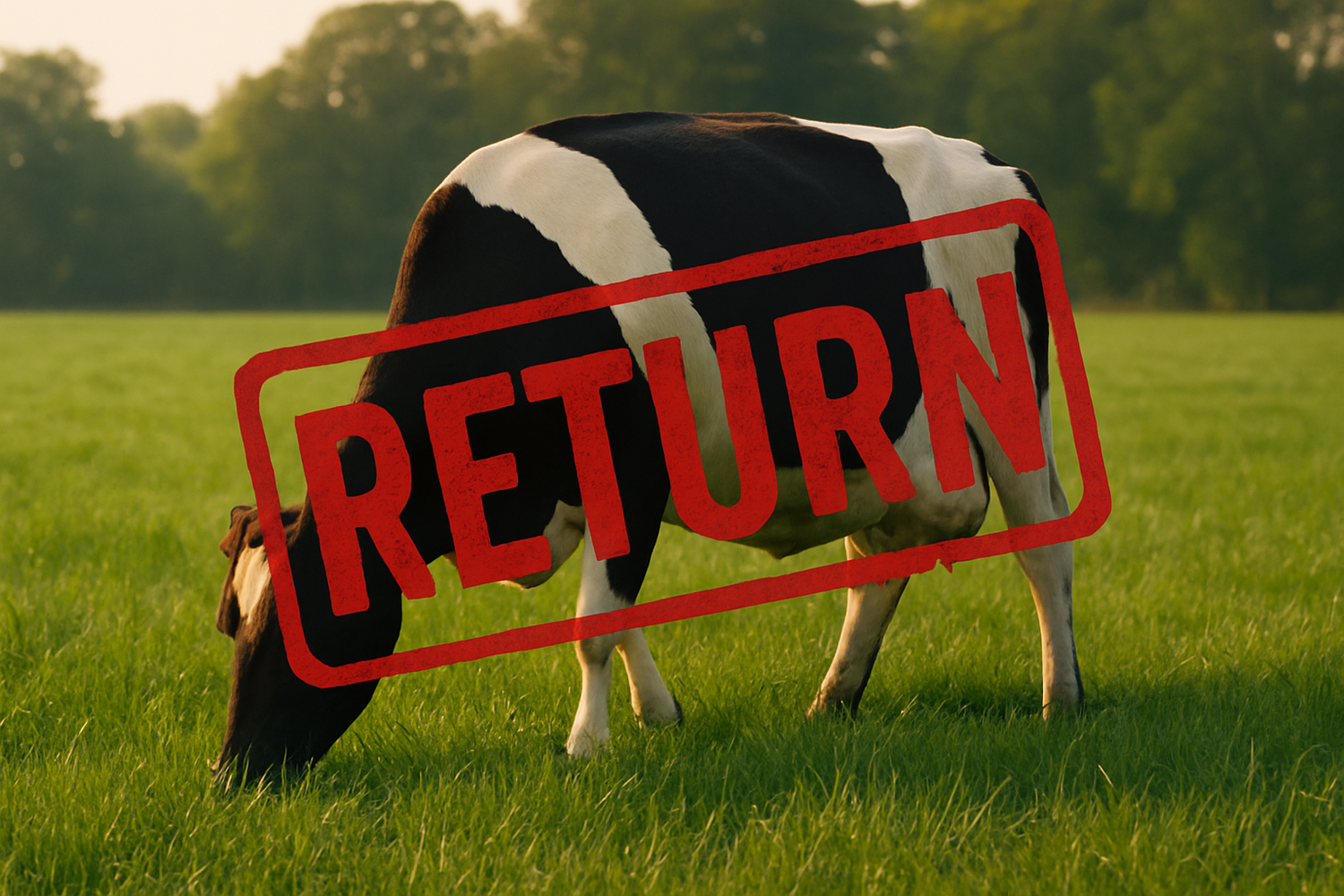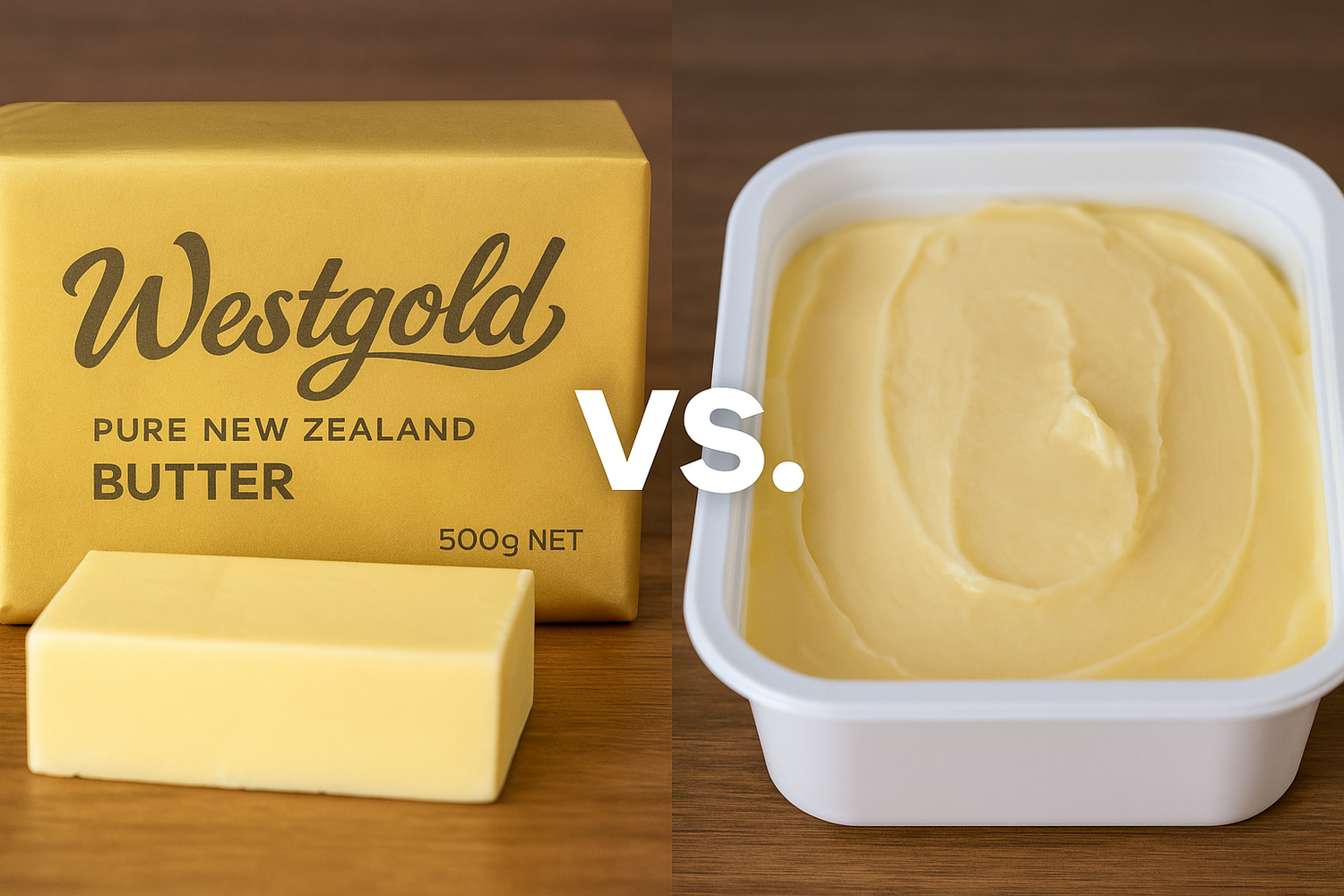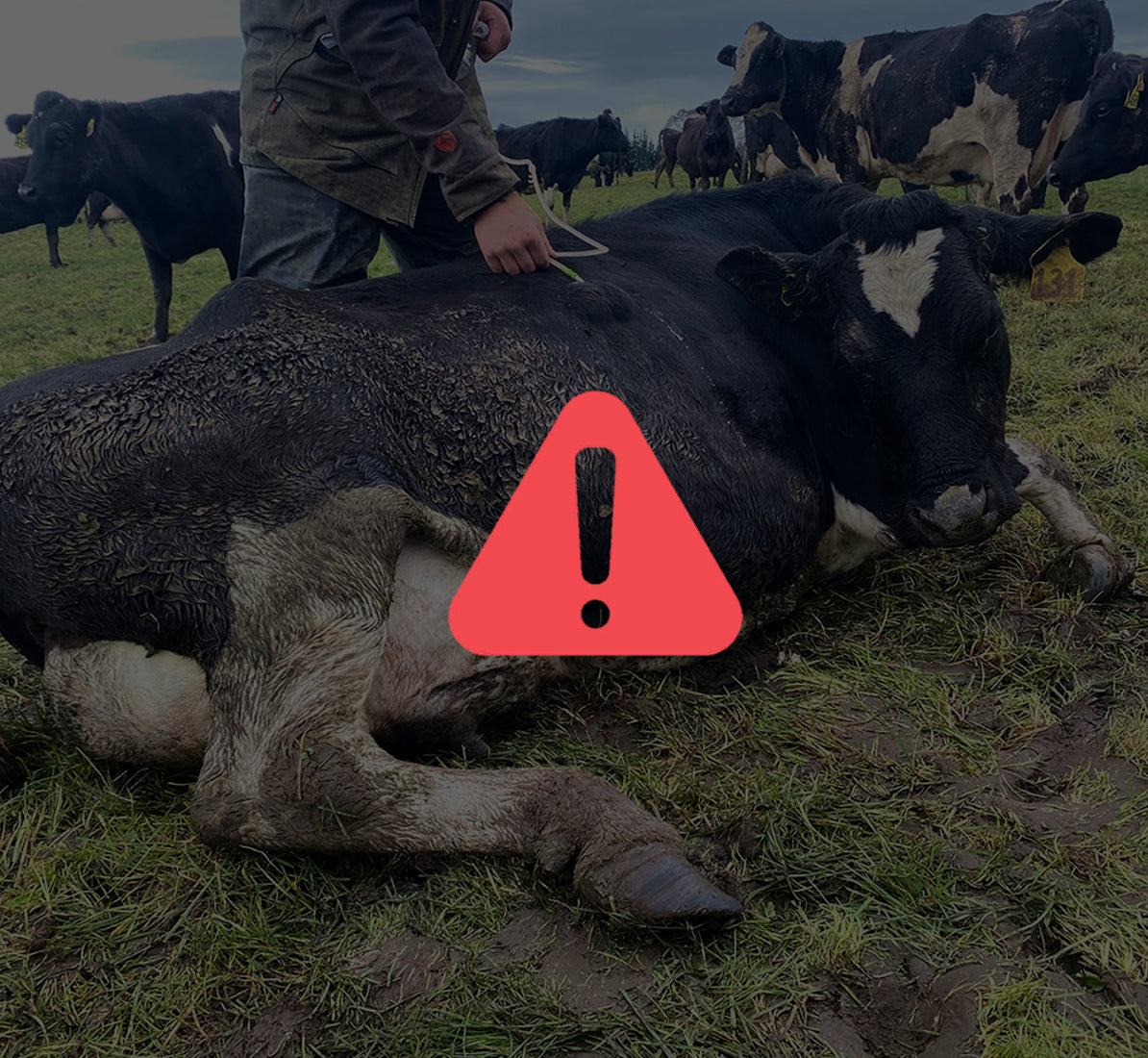In lambs, milk or milk replacer is a high fat, high protein, feed source which bypasses the rumen and is primarily digested in the abomasum (fourth stomach).
When milk feeding is stopped the digestive process must be shifted to primarily take place in the rumen.
With automatic feeders it is not practical to gradually reduce milk intake prior to stopping milk feeding. This results in a sudden feed change that is unavoidable. To ease this transition, it is important to change as little as possible of the other feeds the lambs are eating.
In a very abrupt manner we are changing the diet from predominantly milk with high fat and high protein to meal which is much higher in carbohydrates, significantly lower in fat and protein and pasture which is extremely variable.
Any change in the diet of a ruminant can impact production performance. This is because the primary digestive process in ruminants is driven by a microbial population within the rumen. This microbial population is specifically adapted to the feed source being eaten.
Shifts in the microbial population take time and digestion will be less efficient while this happens if dietary changes are too sudden. Sudden and severe changes can also put animals at risk of serious health problems so it is always advisable to make any ruminant feed changes as gradually as possible.
This protocol is designed with the objective of smoothing this abrupt transition in diet in order to minimise any weaning check that lambs may experience.





